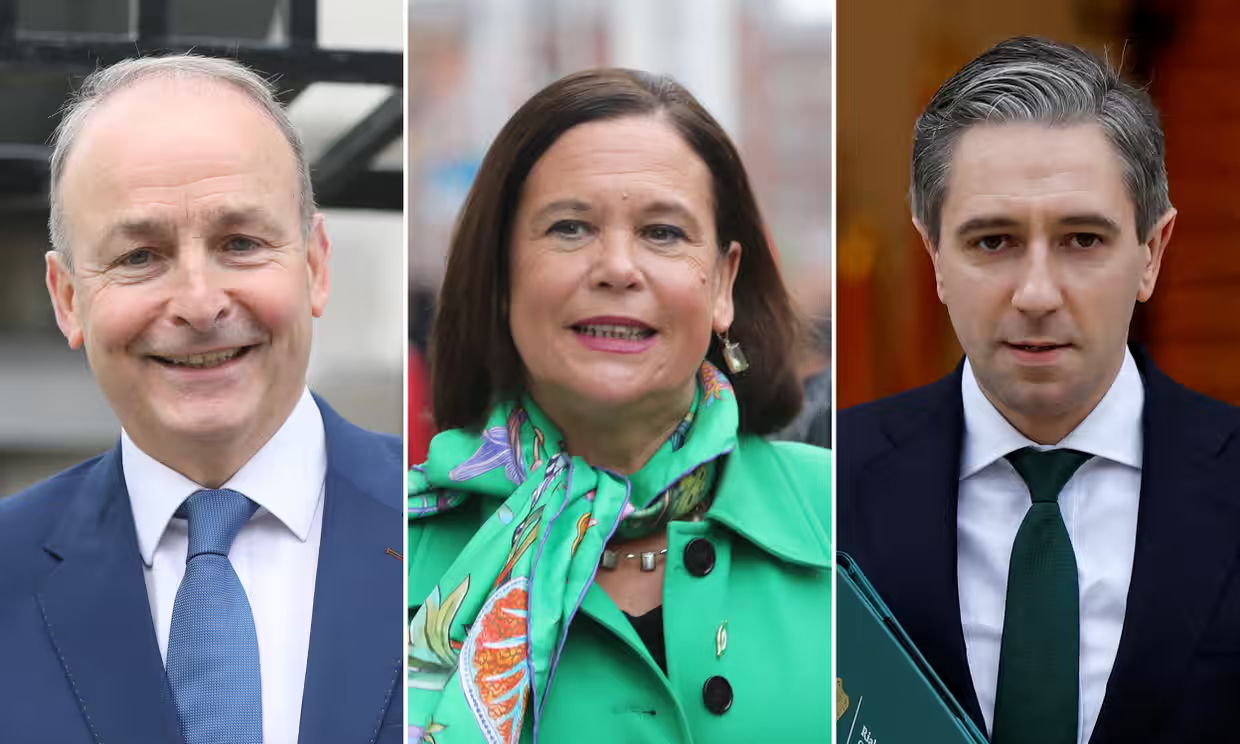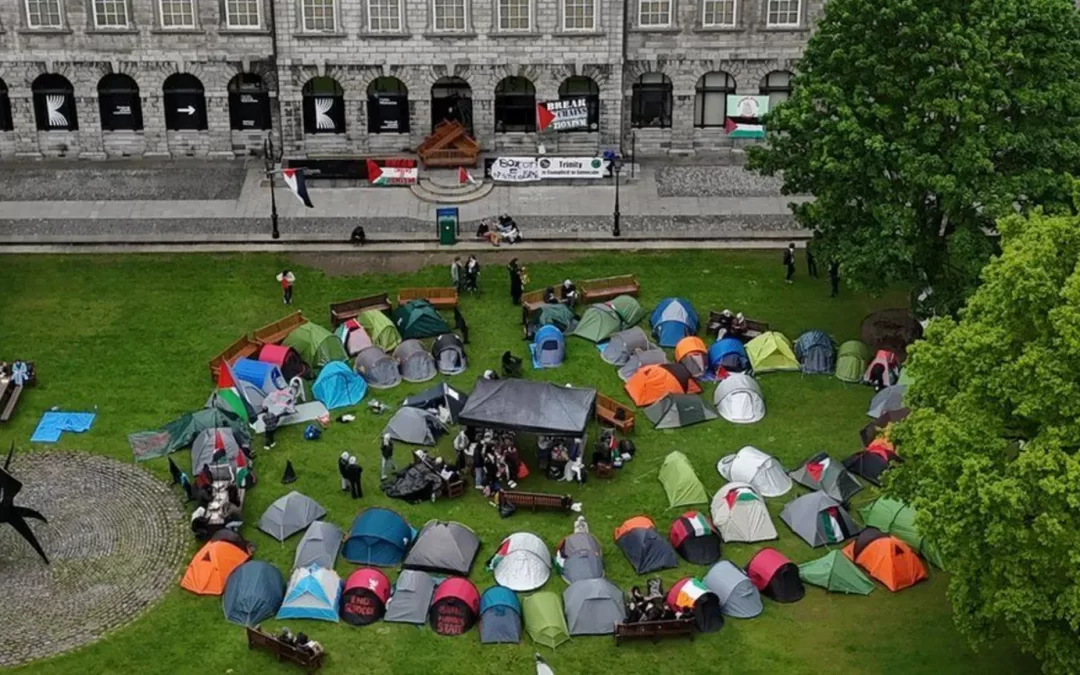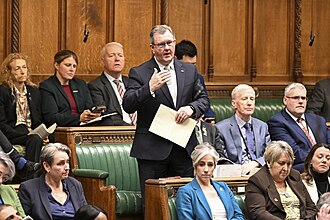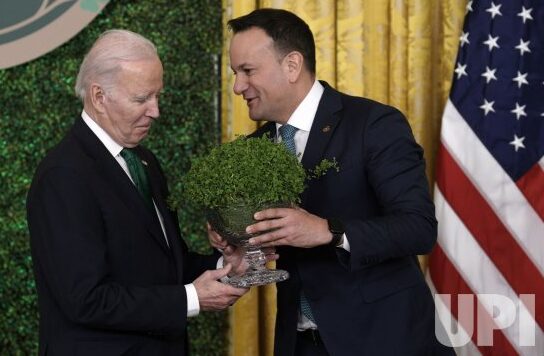
The Pharmaceutical Crisis!
An Ghéarchéim Cógaisíochta
Background
The pharmaceutical industry is the backbone of the Irish economy, contributing significantly to employment, investment and innovation in the country. Many years ago, the Industrial Development Agency (IDA) lured pharmaceutical and technology companies to Ireland with an offer they found hard to refuse, namely a very favourable tax regime compared to their domestic tax regimes in the United States of America (US) and the European Union (EU). It is no surprise, then, that Ireland has been heavily criticized for its tax system by the US and the EU (particularly France and Germany) and the United Kingdom (UK). In response to this international pressure, the Irish government has overhauled its tax system, abolishing the complex scheme known as the ‘Double Irish’ (in 2020) and adopting a global minimum tax rate (in 2021) set by the Organisation for Economic Co-operation and Development (OECD). Unfortunately, these significant changes have not silenced its critics. Trump raised the issue with Taoiseach Micheál Martin in the Oval Office of the White House on 12 March, saying: “You have taken over our pharmaceutical companies and other companies… The US pharmaceutical industry is completely in the hands of this beautiful island of 5 million people.” He threatened to impose a 200% tariff on pharmaceuticals imported from Ireland to the US. Was President Trump right?
The Problem
President Trump made a good point, and that is a cause for concern, as the Irish economy is heavily dependent on exports to the US, but particularly pharmaceutical exports. In 2024, Ireland exported €224 billion of goods to other countries; of that €72.6 billion of goods to the US, and of that €58 billion of pharmaceuticals. That is a significant number, when you put it in context. The three largest exporters to the US in the EU last year (2024) were Germany (€161 billion), Ireland (€72 billion) and Italy (€65 billion). What is going on here? It is money laundering, albeit legal.
A Couple of Examples
- Intellectual Property (IP) & Royalty Payments
Imagine that the company ‘Drugs’ creates a new drug in the US called ‘Relief’. Instead of registering the patent in the United States, Drugs registers the patent under its subsidiary in Ireland, Drugs Ireland.
Now, every time Drugs (US) sells Relief in the United States, US Drugs must pay a royalty fee to Drugs Ireland for the use of the patent. Needless to say, the royalty fee is intentionally very high. Therefore, profits are lower in the United States (because of the royalty fees), and higher in Ireland (where the tax is lower).
- Price Manipulation
Drugs Ireland makes Relief for $10 per pill. Instead of selling the drug directly to customers, Drugs Ireland sells it to US Drugs for $200 per pill. US Drugs then sells the pill in the United States for $220 per pill.
In this case, US Drugs reports a profit of $20 per pill in the United States, while Irish Drugs receives a profit of $190 per pill, which is taxable at a lower rate in Ireland. This keeps most of the profit in Ireland (where tax is lower).
Implications?
Many of the world’s pharmaceutical companies are based in the United States. There is a huge market for prescription drugs, and high prices have long been a controversial issue there. This is a political and economic concern in the United States, and puts pressure on its government’s pharmaceutical policies. The Irish government is receiving money that should have been paid to the US government, and the American people are having to pay for that shortfall in the form of higher pharmaceutical prices. US Commerce Secretary Howard Lutnick says this is a scam.
“We have to try to tackle the tax scams that are going on. Ireland is my favorite. Ireland had a $60 billion budget surplus last year. So [America] loses two trillion and they make $60 (billion). What do they do? They have all our intellectual property for our great technology. Our big tech companies and great pharmaceutical companies - they put all their intellectual property there because there is low tax to pay, and they don’t pay the US at all. So that’s over,” the secretary said.
Trump has threatened to impose tariffs on drugs coming from Ireland to the US – up to 200%. That would have a huge impact on the Irish economy and a deep recession in the country.
Solution?
It is clear that Trump (and Lutnick) are serious and in the absence of any other solution, they will most likely continue with steep tariffs on drugs coming from Ireland.
It is essential to put strategic policies in place to avoid such a crisis. The above schemes need to be implemented, and a plan needs to be devised and shared with the US government to phase them out in stages. If adopted, this will give us more time to find a long-term solution. The government needs to invest in the pharmaceutical and technology sectors, to create a business environment in the country, that will provide opportunities to people to set up companies, and attract qualified employees to them. Ireland has the appropriate expertise to reduce our dependence on the US as quickly as possible, and to diversify the economy which would be of great benefit to the country in the future. It is late and it is difficult, but we have no other choice now!









